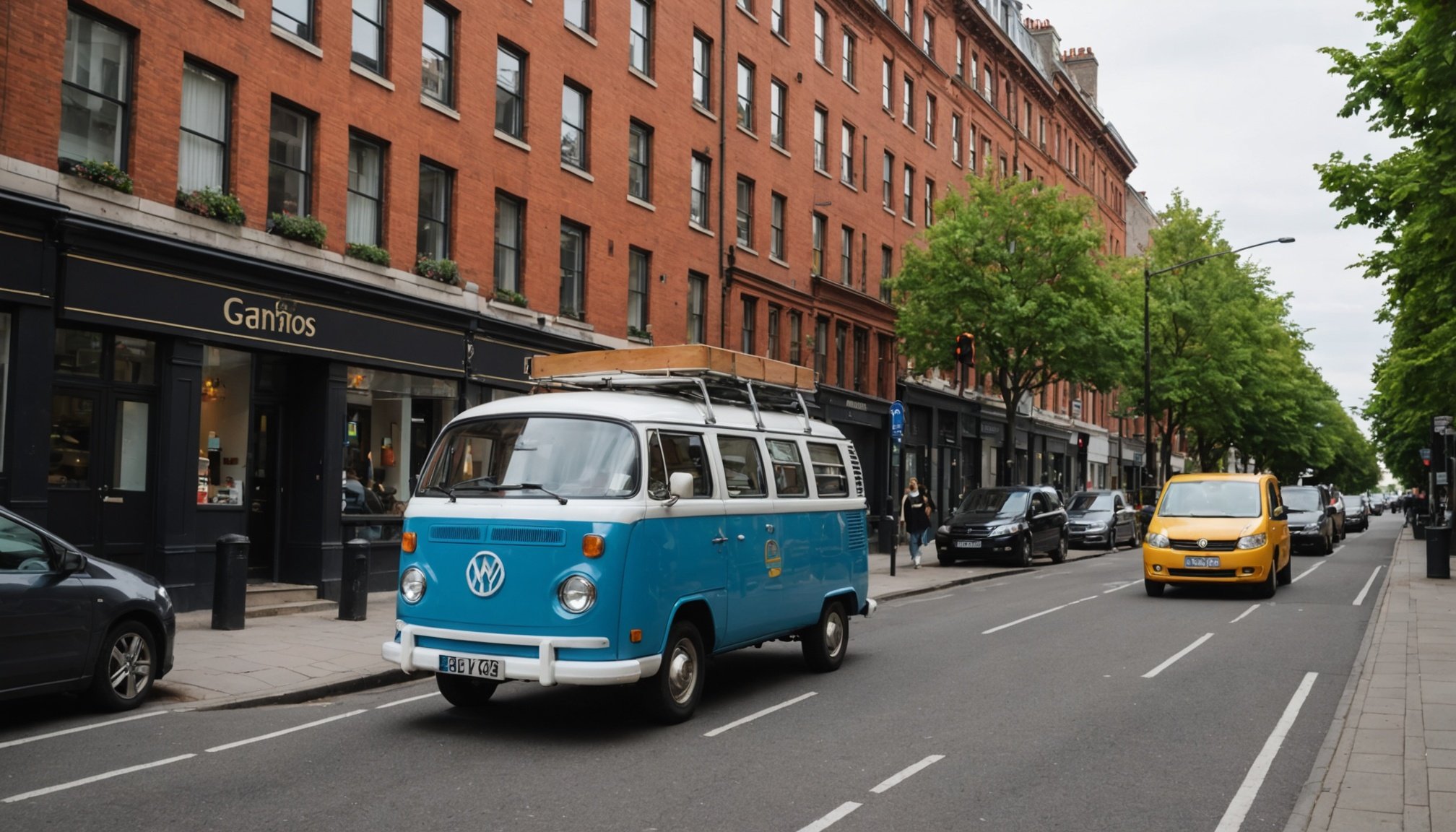Vous cherchez DES IDées inoubliable en matière de tourisme ?
Bienvenue sur Escape game la dame du lac !
Notre site est spécialement conçu pour les voyageurs avides de découvertes et d’aventures pour inspirer et donner des idées de voyage.
Des possibilités infinies à explorer
Nous sommes passionnés par le voyage et nous souhaitons partager avec vous les meilleures opportunités pour découvrir de nouveaux endroits et expérimenter des activités uniques grâce à nos articles.
Les divertissements de vacances passionnants
Lorsque vous planifiez une escapade, il est important de choisir une destination avec des activités à couper le souffle. Des séjours en camping aux croisières de luxe, en passant par les locations de vacances et les visites touristiques, il y a toujours quelque chose de nouveau à explorer et à apprécier.
Nos derniers idées dans le domaine touristique
Excursion en Montagne
Nous avons rédigé récemment nos articles concernent les excursion en montagne pour les amateurs de sensations fortes.
Villas de Luxe
Des informations et des contenus sur la sélection de villas de luxe pour vos prochaines vacances.
Croisière en Mer
Embarquez pour une aventure maritime inoubliable avec nos article de circuit de croisière.
Rester informé sur des nouvelles expériences de voyage!
Articles récents

Top 5 chaînes d’hôtels économiques à découvrir en france
Trouver un hébergement économique en France peut transformer un séjour simple en une expérience agréable et sans stress. Ce top[…]

Aix-en-provence : explorez notre guide essentiel de la ville
Découvrez Aix-en-Provence autrement grâce à notre guide complet qui mêle conseils pratiques et trésors cachés. Préparez votre visite en choisissant[…]

Parcours incontournables pour les amateurs de gastronomie en quête d’aventure culinaire
Sélection des destinations culinaires incontournables en France La France regorge de destinations gastronomiques idéales pour un parcours gourmand. Parmi les[…]
Explorations en Solo : Top Activités Incontournables à Vivre !
Inspirations pour aventures en solo : Les immanquables à découvrir Le voyage en solo ouvre la porte à une multitude[…]

Évasion Naturelle : Le Guide Essentiel des Activités Touristiques et des Lieux Immanquables
Les activités de plein air incontournables pour une évasion naturelle réussie Découvrez des activités en pleine nature qui allient plaisir[…]

Les 10 destinations à ne pas manquer pour un voyage inoubliable et réussi
Les destinations incontournables pour des voyages mémorables Ces destinations incontournables offrent une expérience unique qui promet un voyage inoubliable. Pour[…]
Voici comment explorer les sites touristiques tout en respectant l’environnement de manière durable et responsable
Conseils pratiques pour un tourisme durable et responsable S’engager dans le tourisme durable implique avant tout de réduire son empreinte[…]
Optimisez votre visite : Quand explorer les attractions touristiques pour une expérience inégalée
Meilleurs moments pour visiter les attractions touristiques Choisir les moments idéaux de visite est essentiel pour profiter pleinement des attractions[…]
Plongez dans l’essence de l’espagne à travers les festivités de san fermin
Expérimentez la culture espagnole à travers San Fermin Plonger dans la culture espagnole via le festival de San Fermin offre[…]

Émerveillement assuré : découvrez la magie de la fête des lanternes en thaïlande
Expérience immersive lors de la fête des lanternes en Thaïlande Plonger dans la fête des lanternes Thaïlande, c’est s’immerger dans[…]

Plongée envoûtante dans le carnaval de venise : un voyage inoubliable au cœur de l’histoire
Immersion au cœur du carnaval de Venise : premières impressions et atmosphère unique Plonger dans le carnaval de Venise, c’est[…]
Découvrez les secrets insoupçonnés des comparateurs de location : ce que vous devez savoir absolument !
Définir les comparateurs de location et leur rôle dans la recherche d’offres Les comparateurs de location sont des outils essentiels[…]
Découvrez votre comparatif idéal pour des locations de vacances mémorables
Panorama des principales options de locations de vacances Les types de locations de vacances sont nombreux, offrant ainsi un large[…]

Les 5 pièges à éviter absolument lors de l’utilisation d’un comparateur de location : guide essentiel
Les cinq pièges majeurs à éviter avec un comparateur de location Lorsqu’on utilise un comparateur de location, il est essentiel[…]

Comment les tendances de croisière influencent-elles vos choix de voyage ?
Principales tendances actuelles dans l’industrie des croisières L’univers des tendances croisière évolue rapidement, porté par une quête d’expériences uniques. Parmi[…]

Les croisières sont-elles l’option idéale pour des vacances durables ?
Évaluer l’impact environnemental des croisières L’impact environnemental des croisières est principalement lié aux émissions carbone massives générées par la combustion[…]
Quelles sont les destinations de croisière les plus sous-estimées que vous devriez découvrir ?
Croisières vers des perles méconnues à travers le monde Découvrir des destinations de croisière sous-estimées offre une expérience unique, différente[…]

Exploration unique des aires de camping-car incontournables : découvrez les meilleurs emplacements !
Présentation des aires de camping-car incontournables et critères de sélection L’identification des aires de camping-car incontournables repose sur des critères[…]
Aventures en camping-car avec animaux de compagnie : le guide indispensable des aires pet-friendly
Conseils essentiels pour voyager en camping-car avec des animaux de compagnie Voyager en camping-car avec des animaux demande une préparation[…]

Camping-cars en ville : le guide ultime des réglementations de stationnement urbain
Règles générales de stationnement des camping-cars en milieu urbain Le règlement stationnement camping-car en ville s’appuie principalement sur la loi[…]

Quelles sont les erreurs à éviter lors de la planification de votre prochain voyage ?
Les erreurs les plus fréquentes en planification de voyage Comprendre les erreurs courantes en organisation de voyage est essentiel pour[…]
